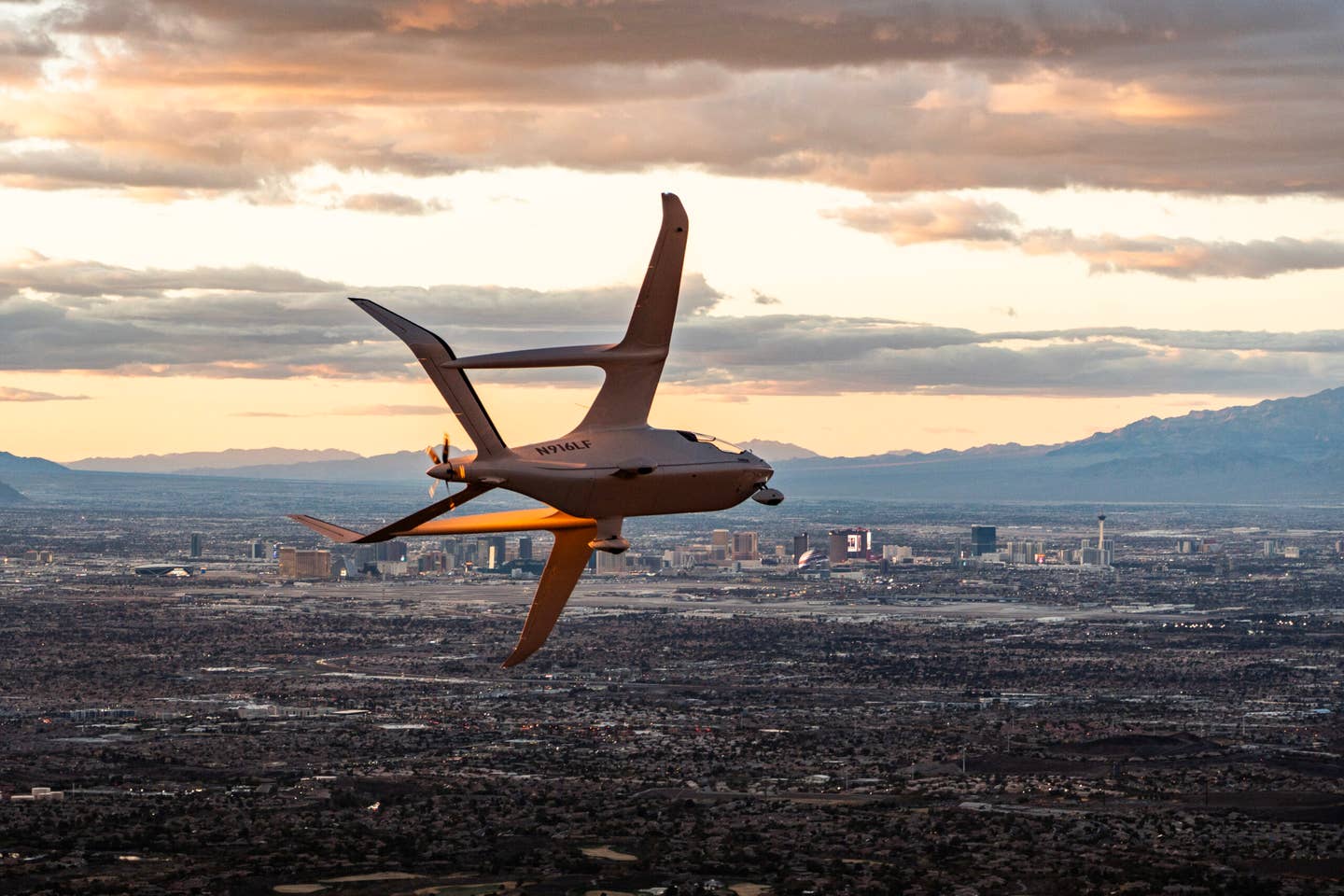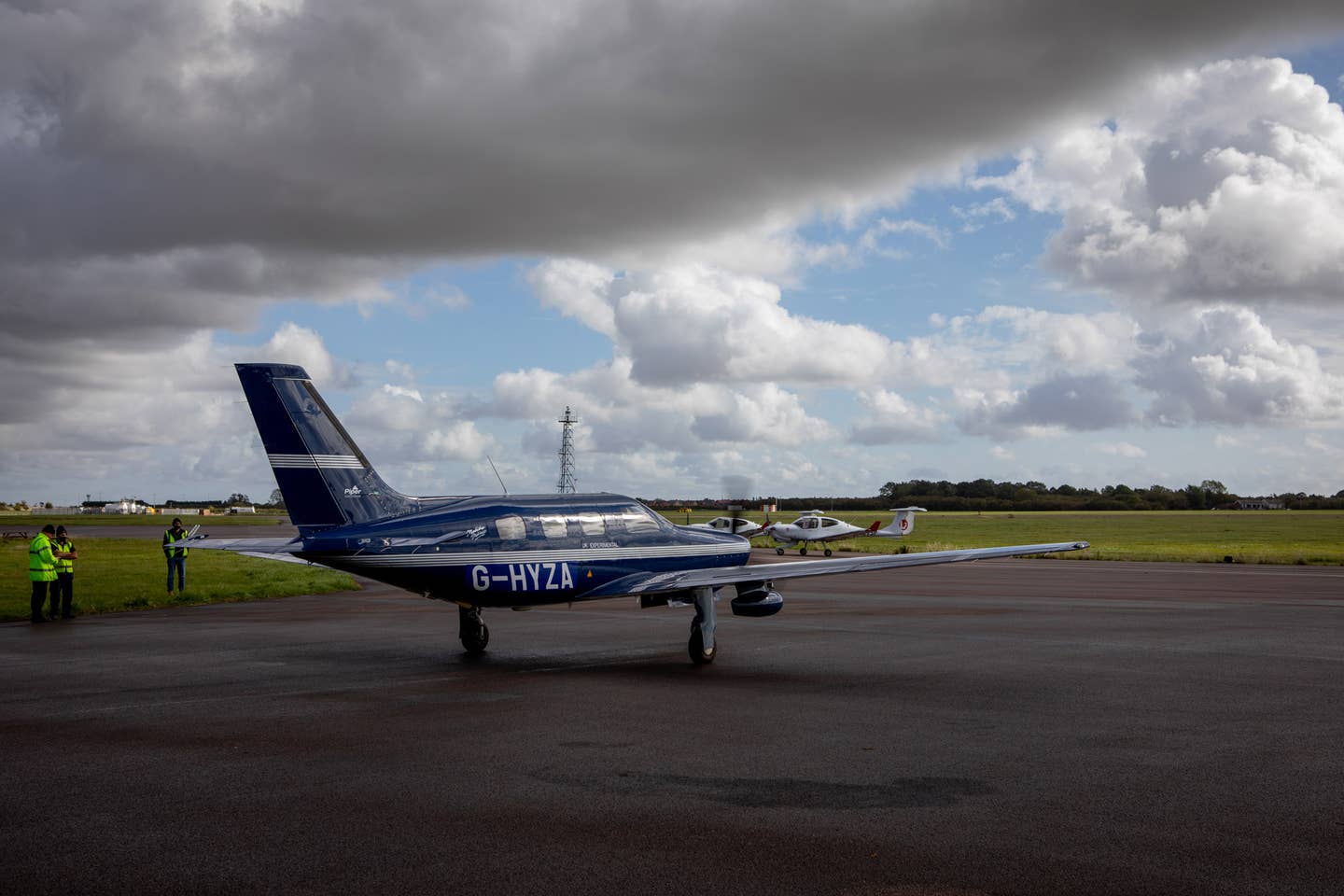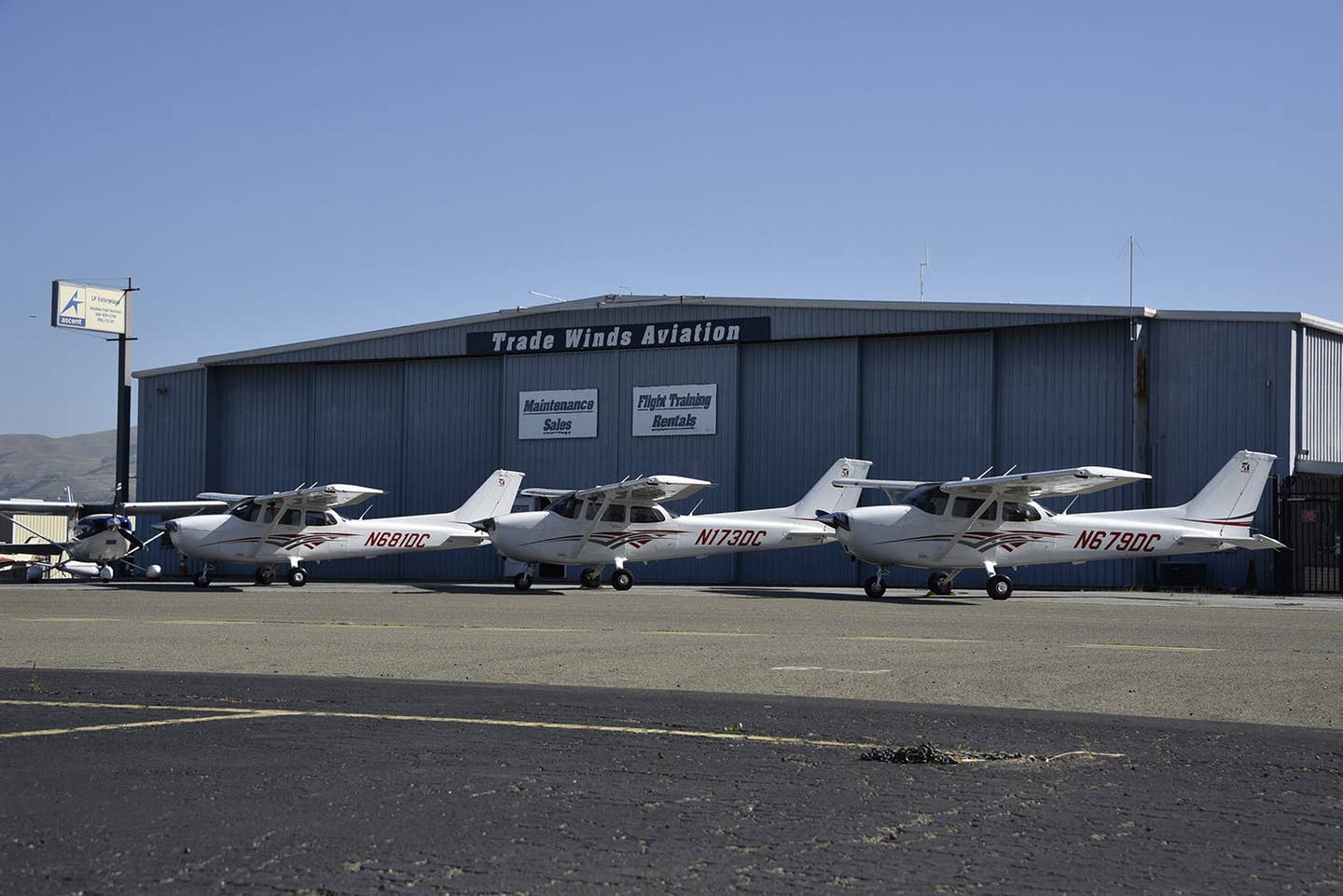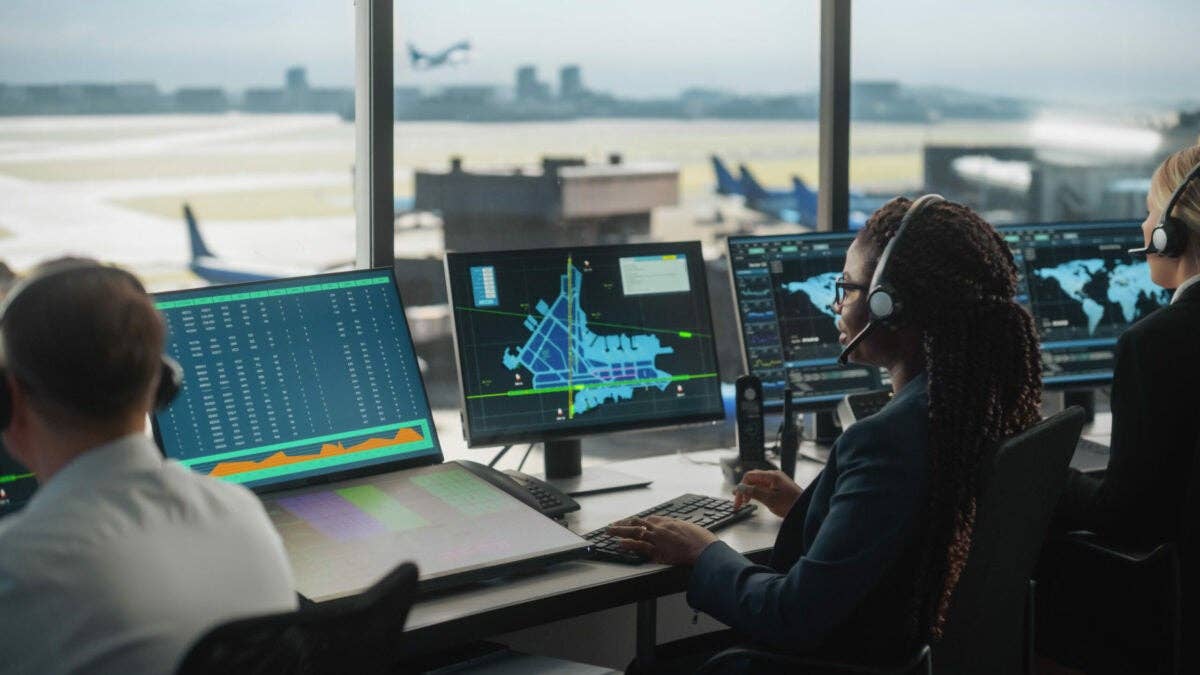
In a revision of its annual forecast presented shortly after the September 11th attacks, Honeywell says that it foresees a "modest decline" of seven to eight percent in bizjet deliveries in 2002 when compared to 2001. Deliveries are expected to increase again in 2003, rising to the record level of deliveries in 2001.
In the new forecast, Honeywell analysts stress that despite the predicted slowdown, order backlogs remain at pre-September 11th levels, with more than 2,700 turbine aircraft on order, a remarkable level of activity by any measure. The forecast's authors predict sales of 8,400 bizjets over the next 10 years, a market valued at $130 billion.
In addition to the forecast revision, Honeywell issued an assessment of the impact of the September 11th attacks on business aviation. Charter and fractional operators reported strong increases in business soon after the attacks, and fractional operators are hiring pilots at greatly increased rates. The authors' conclusion: given the anticipated economic recovery, business aircraft deliveries will improve by the end of 2002.
At NBAA, Rolls-Royce also released its forecast-created, not surprisingly, with an eye toward the need for new turbine engines. According to the company's "2001-2020 Corporate Aircraft Market Forecast," during the next 20 years there will be a need for nearly 31,000 engines (valued at some $52 billion) to meet the demand for power for an estimated 14,330 new corporate jet aircraft. Rolls-Royce said there are three drivers of the projected demand for those new aircraft: recovery to long-term economic growth and wealth generation coupled with a growing acceptance of corporate aviation as a business tool; sustained development of fractional ownership programs; and sustained replacement demand generated by the retirement of older aircraft.

Sign-up for newsletters & special offers!
Get the latest FLYING stories & special offers delivered directly to your inbox






